Mental health care affecting frontline police - PCC
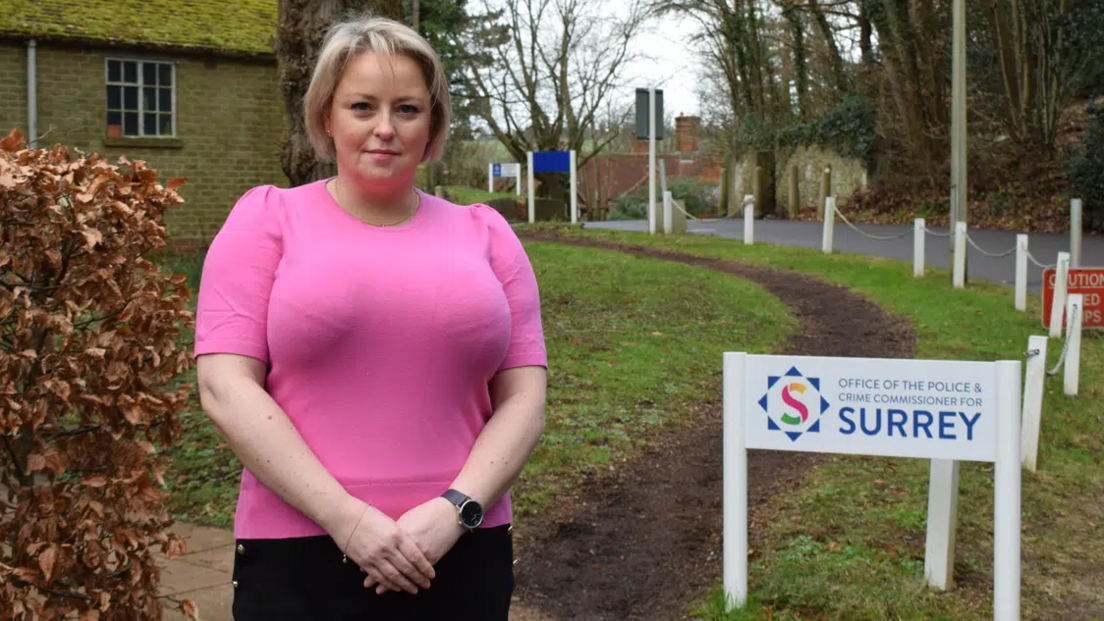
Surrey PCC Lisa Townsend says too much of her officers' time is taken up dealing with incidents caused by a crisis in mental health care
At a glance
Surrey PCC Lisa Townsend says too much officer time is spent dealing with mental health cases
Two Surrey officers spent a full week supporting a vulnerable individual
A new programme trialled in Humberside could target mental health more quickly
- Published
A crisis in mental health care is forcing police officers to divert from frontline duties, the Surrey police and crime commissioner (PCC) said.
Lisa Townsend said two Surrey officers recently spent a week supporting one vulnerable person.
Over the past seven years the number of hours the county's officers have spent with people in crisis has trebled, according to the PCC.
It is hoped a new national scheme could help address the problem.
Ms Townsend, the national lead for mental health for the Association of Police and Crime Commissioners, said: “Unlike doctor’s surgeries, community health outreach programmes or council services, the police are available 24 hours a day.
“We have seen time and time again that 999 calls to help someone in distress spike as other agencies close their doors."
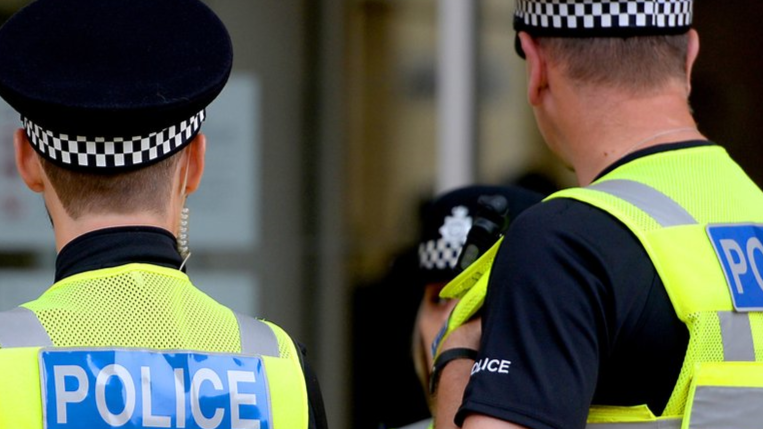
Over the past seven years the number of hours Surrey officers have spent with people in crisis has trebled
Last year Sir Mark Rowley, the Met Police Commissioner, said for every mental health patient his officers dealt with, they would spend an average of 14 hours in A&E.
In February Surrey Police officers spent 515 hours dealing with mental health incidents, the highest number for a single month the force has recorded so far.
Ms Townsend said a new scheme, called Right Care, Right Person, and trialled in Humberside, external, could help save police time and get people the care they need quicker.
It would see the NHS, local authorities, charities and other mental health providers work more closely together.
She said: “When there are concerns for a person’s welfare that’s linked to their mental health, medical or social care issues, they’ll be seen by the right person with the best skills, training and experience."
Other forces, including Cambridgeshire, Merseyside and Scotland, have trialled mental health workers going on patrol with officers.
Follow BBC South East on Facebook, external, on Twitter, external, and on Instagram, external. Send your story ideas to southeasttoday@bbc.co.uk, external.
- Published9 March 2023
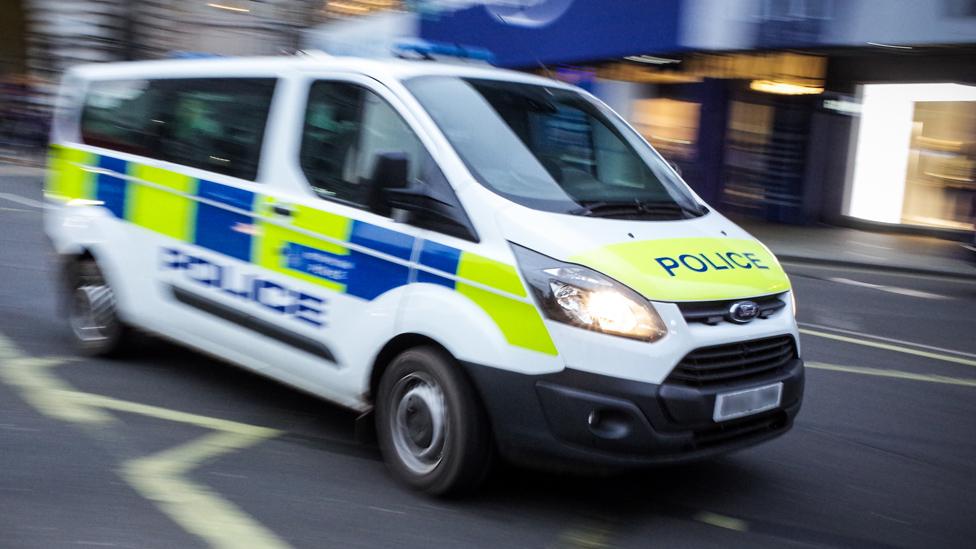
- Published2 September 2019
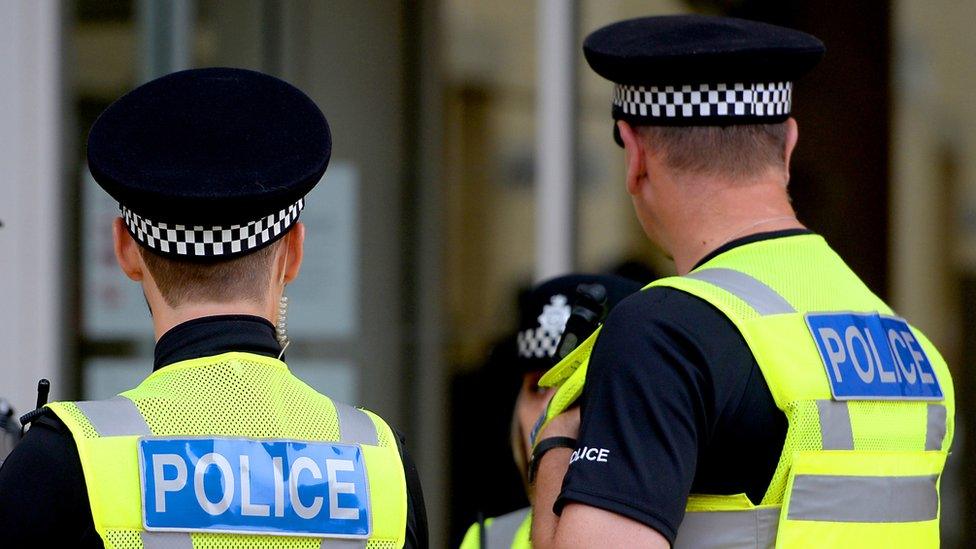
- Published6 March 2023
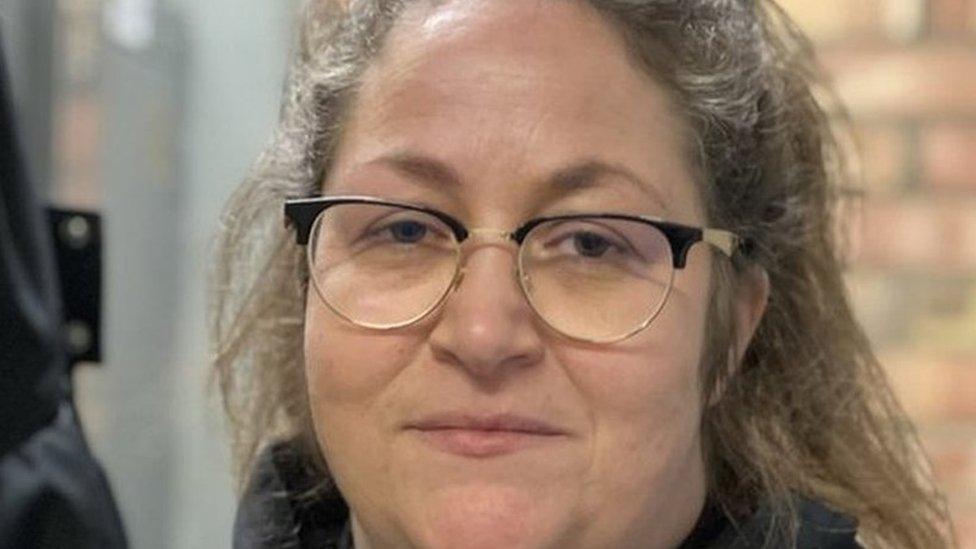
- Published2 September 2019
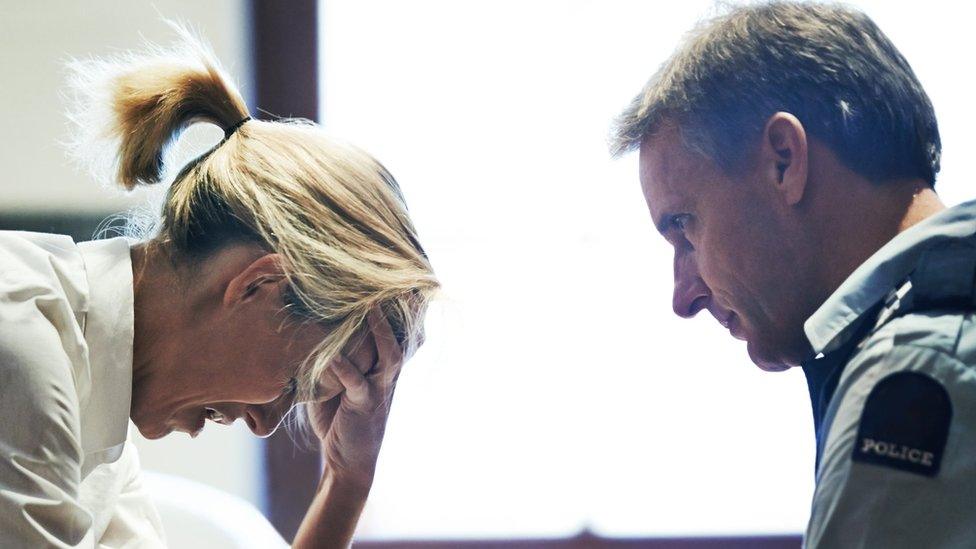
- Published7 September 2018
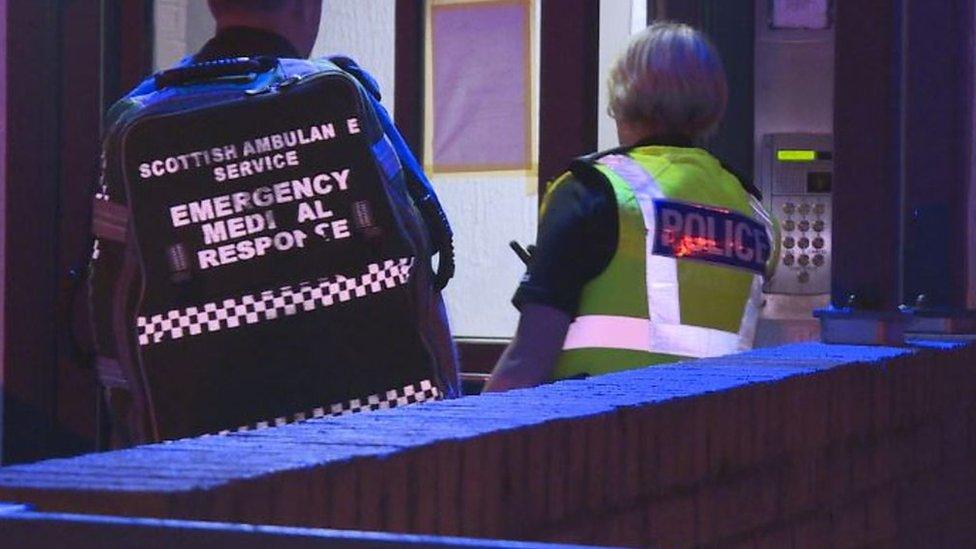
- Published9 September 2013